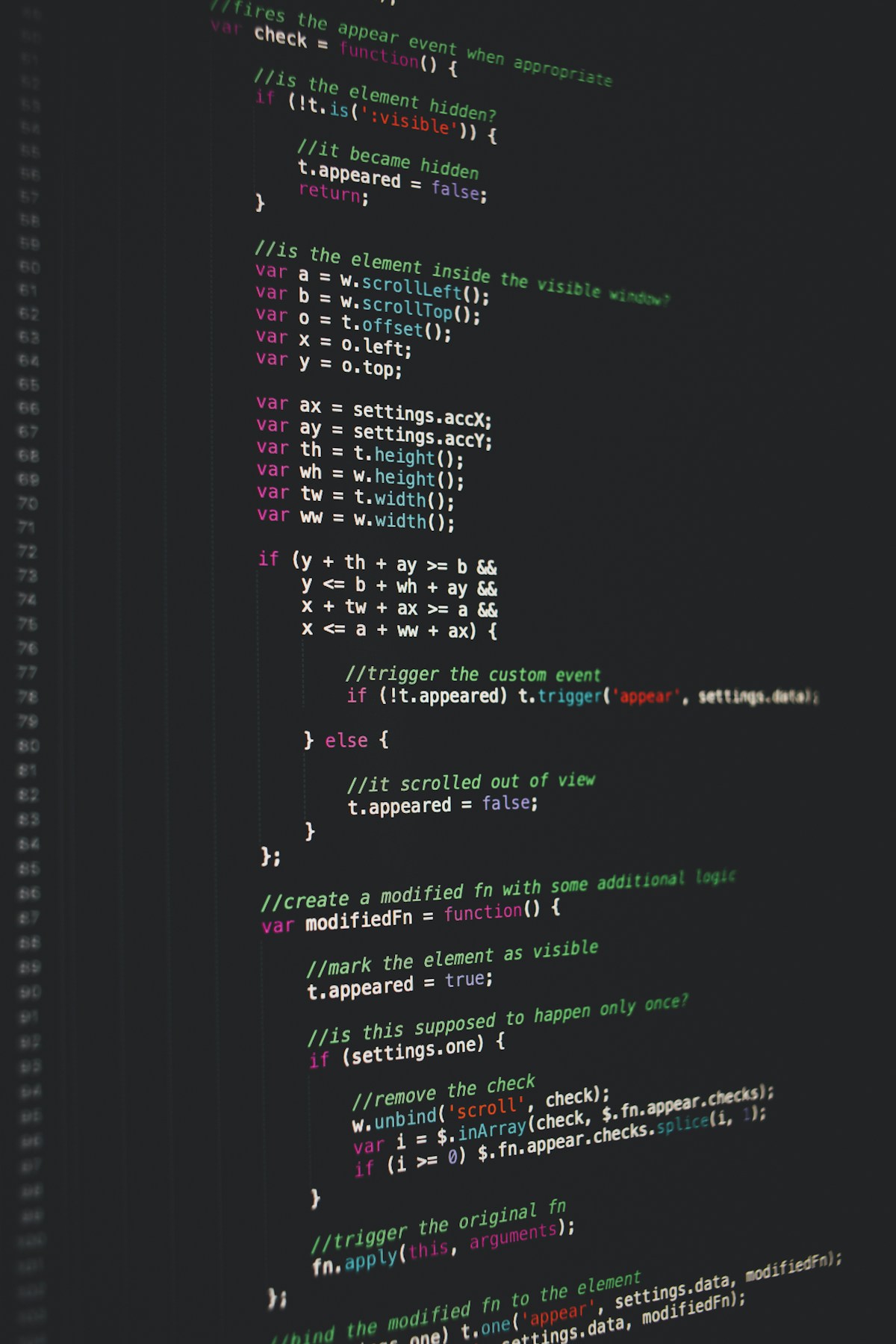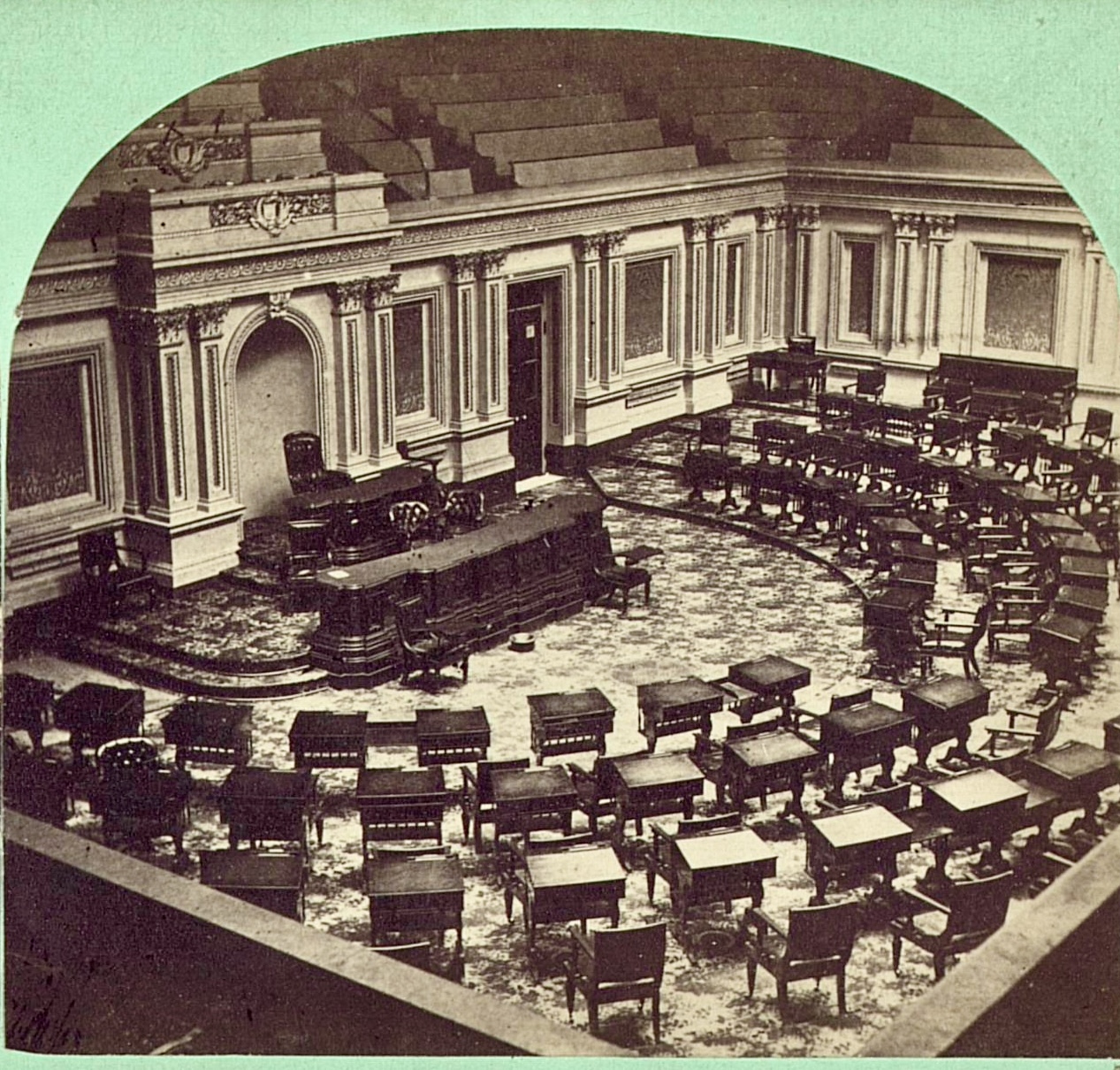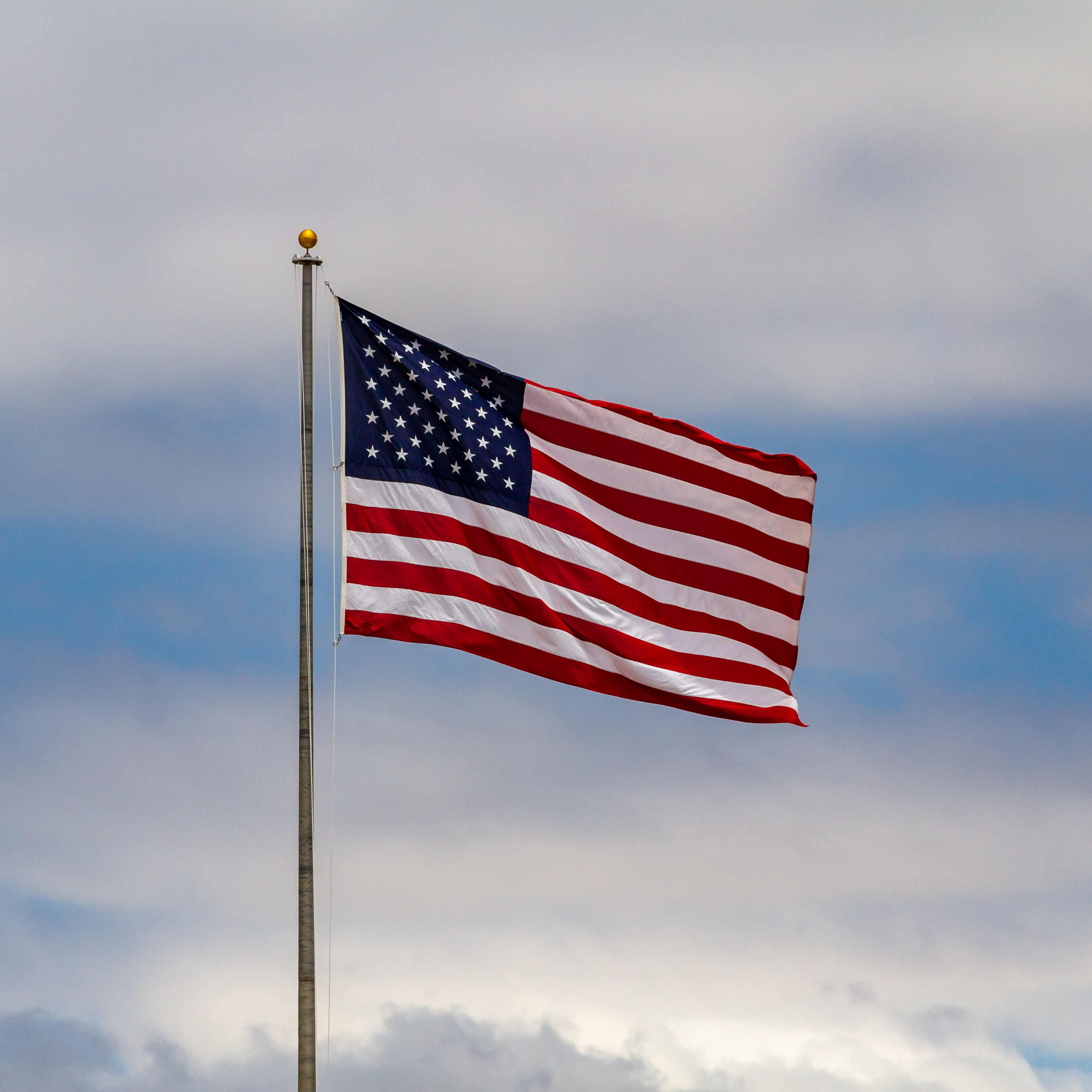TikTok temporarily suspended most of its services across the United States as the Protecting Americans from Foreign Adversary Controlled Applications Act took effect, marking the first successful ban of a major social media platform on national security grounds. While the app later restored services, its removal from U.S. app stores represents a watershed moment in the global technology cold war between America and China.
Historic Social Media Platform Ban
The TikTok suspension represents the most significant government action against a foreign-controlled social media platform in American history, demonstrating that national security concerns can override free market principles when lawmakers perceive threats to American interests. The bipartisan support for the ban reflects rare congressional unity on technology policy and China-related security issues.
TikTok’s decision to proactively suspend services rather than face government enforcement showed the company’s recognition that legal challenges had failed and political solutions remained elusive. The temporary nature of the suspension, followed by service restoration, suggests ongoing negotiations and uncertainty about long-term resolution of the underlying national security concerns.
The continued unavailability of TikTok in U.S. app stores, despite restored services for existing users, creates a two-tiered system where current users can access the platform while new user acquisition becomes impossible. This partial ban structure may serve as a model for future technology restrictions that balance security concerns with user impact.
National Security Justifications and Data Concerns
The Protecting Americans from Foreign Adversary Controlled Applications Act specifically targets platforms controlled by companies in countries designated as foreign adversaries, with China’s ByteDance ownership of TikTok serving as the primary justification for the ban. Lawmakers expressed concerns about Chinese government access to American user data and potential content manipulation capabilities.
Intelligence community assessments suggested that TikTok’s data collection practices could provide the Chinese government with detailed information about American users’ preferences, behaviors, and social networks. The platform’s algorithm-driven content distribution system also raised concerns about foreign influence operations and information warfare capabilities.
Critics of the ban argued that similar data collection and algorithmic manipulation occur on American-owned platforms, suggesting that national security justifications masked protectionist motivations designed to benefit domestic social media companies. However, supporters contended that foreign government control creates qualitatively different risks than private sector data practices.
Economic and Cultural Impact
The TikTok ban affects millions of American users who relied on the platform for entertainment, information, and social connection, demonstrating the complex relationship between national security policy and daily life in the digital age. The platform’s popularity among younger demographics means the ban particularly impacts Generation Z users who integrated TikTok into their social media ecosystem.
Small businesses and content creators who built audiences and revenue streams through TikTok face significant economic disruption from the platform’s restriction. The ban forces these users to rebuild their presence on alternative platforms, potentially causing income loss and reduced reach that could take months or years to recover.
The cultural impact extends beyond individual users to influence broader social media trends, viral content patterns, and digital communication norms. TikTok’s unique short-form video format and algorithm-driven discovery system influenced competitors like Instagram and YouTube, and its absence may alter the entire social media landscape.
Technology Cold War Implications
The TikTok ban represents escalation in the technology competition between the United States and China, moving beyond trade disputes and investment restrictions to direct prohibition of consumer applications. This precedent could inspire similar actions by other countries against American technology platforms, potentially fragmenting the global internet.
Chinese officials condemned the ban as protectionist and discriminatory, arguing that it violates free trade principles and international law. The dispute adds another dimension to U.S.-China tensions and may complicate broader diplomatic and economic relationship management between the two superpowers.
Other countries are closely watching the American approach to TikTok as they consider their own policies toward Chinese technology companies. The success or failure of the U.S. ban may influence similar decisions by allies and partners, potentially creating coordinated restrictions on Chinese technology access in democratic nations.
Legal and Constitutional Questions
The TikTok ban raises significant First Amendment questions about government authority to restrict communication platforms based on national security concerns. Legal challenges arguing that the ban violates free speech protections continue working through federal courts, with uncertain outcomes that could establish important precedents for future technology restrictions.
Constitutional scholars debate whether the ban represents legitimate national security regulation or impermissible prior restraint on speech, with implications for how courts balance security concerns against civil liberties in the digital age. The outcome of these legal challenges will influence government authority over technology platforms and content distribution systems.
The international dimensions of the ban also raise questions about extraterritorial application of American law and the relationship between domestic security measures and global commerce. These issues become increasingly important as technology companies operate across national boundaries with complex ownership structures.
Future of Technology Regulation
The TikTok case establishes precedents for government authority to restrict foreign-controlled technology platforms on national security grounds, potentially extending to other Chinese companies like Temu, WeChat, or emerging applications. The criteria used to justify the TikTok ban could apply to various technology products and services with foreign ownership or control.
American technology companies may benefit from reduced competition, but they also face the prospect of similar restrictions in foreign markets as other governments adopt reciprocal measures. The long-term result could be a more fragmented global technology ecosystem with reduced cross-border integration and innovation.
As the TikTok situation continues to evolve, policymakers, technology companies, and users must navigate the complex relationship between national security, economic competition, technological innovation, and individual rights. The resolution of this case will influence American technology policy for years to come and shape the global digital landscape in an era of increasing geopolitical competition.







